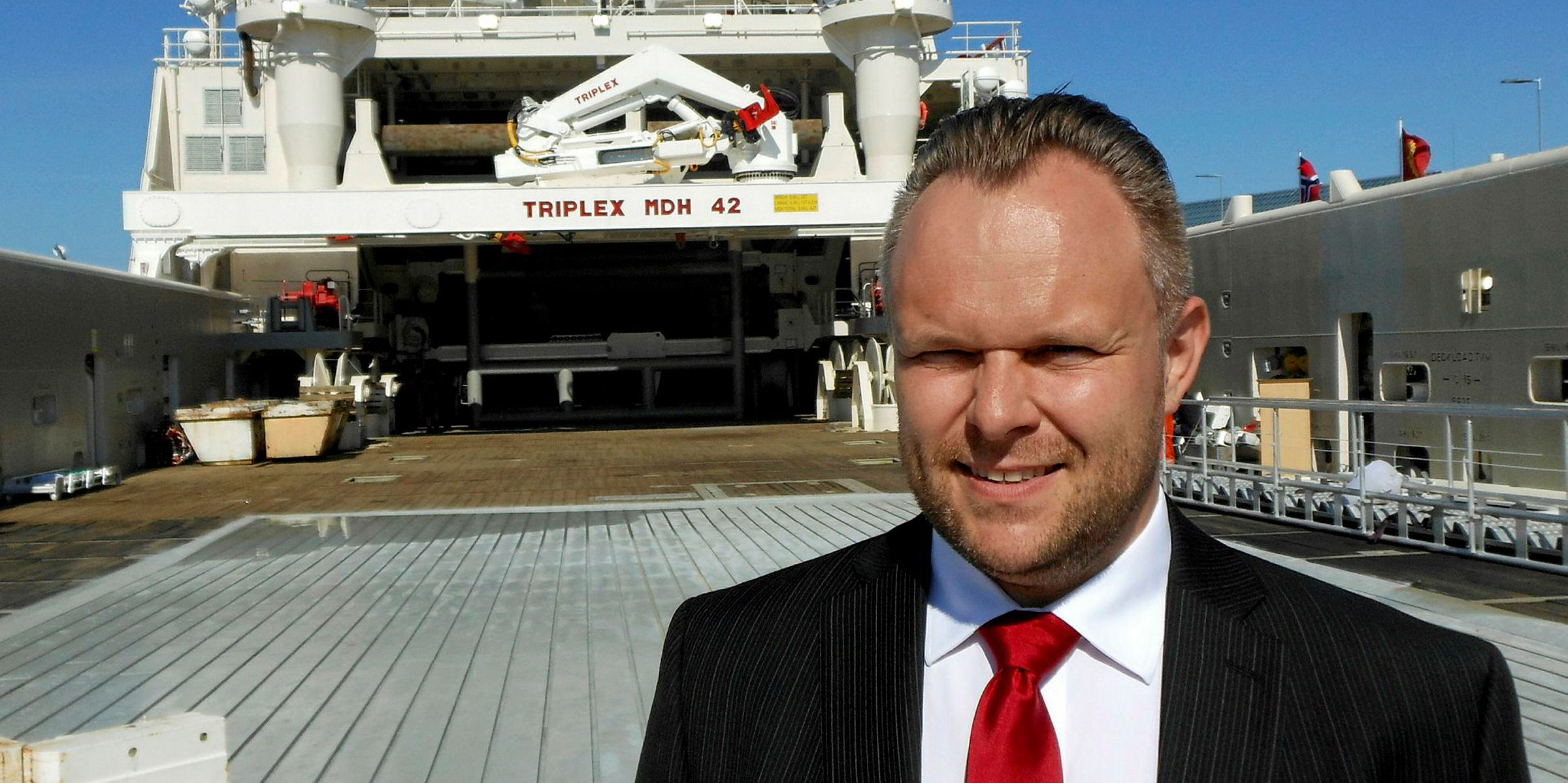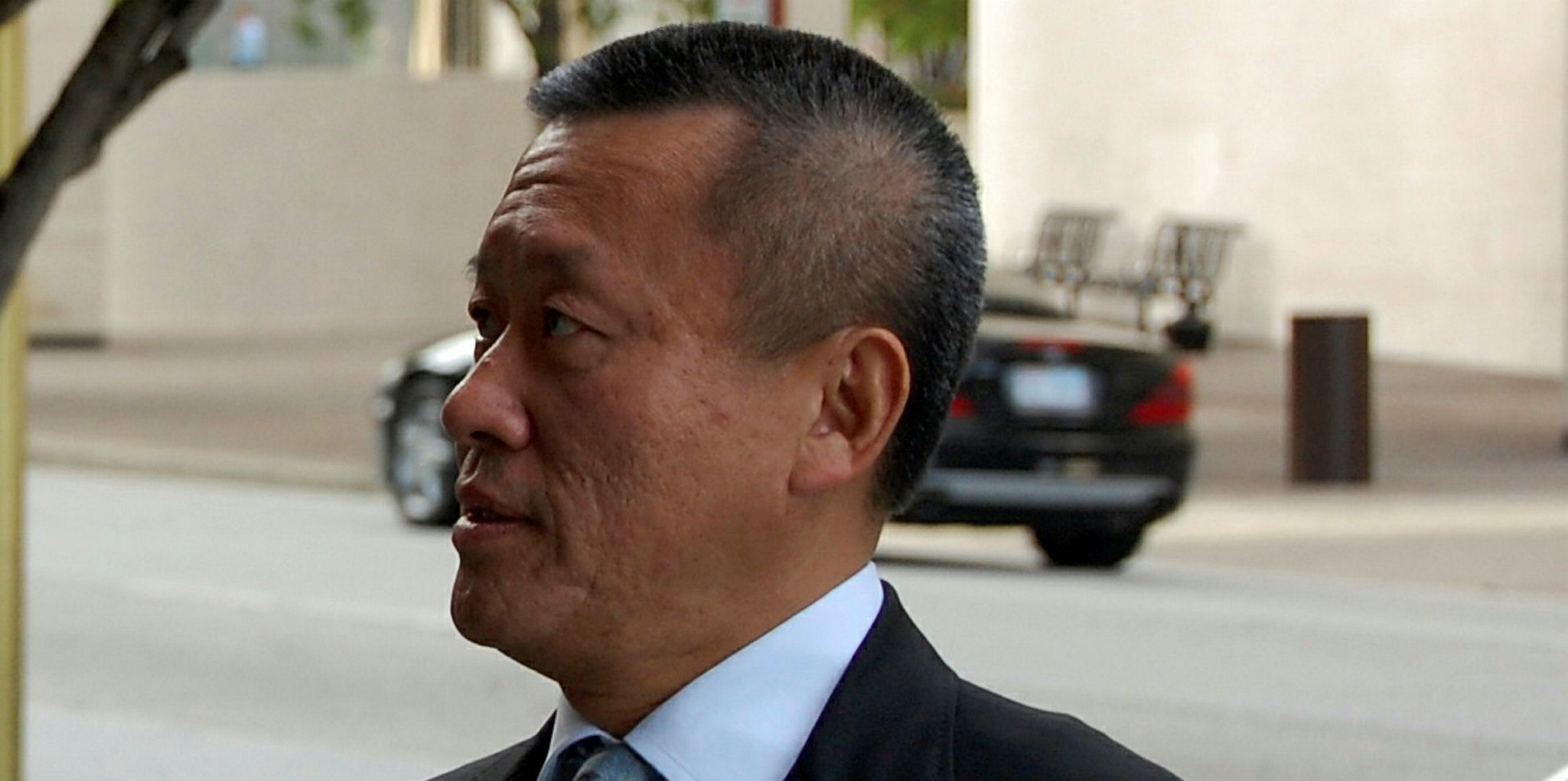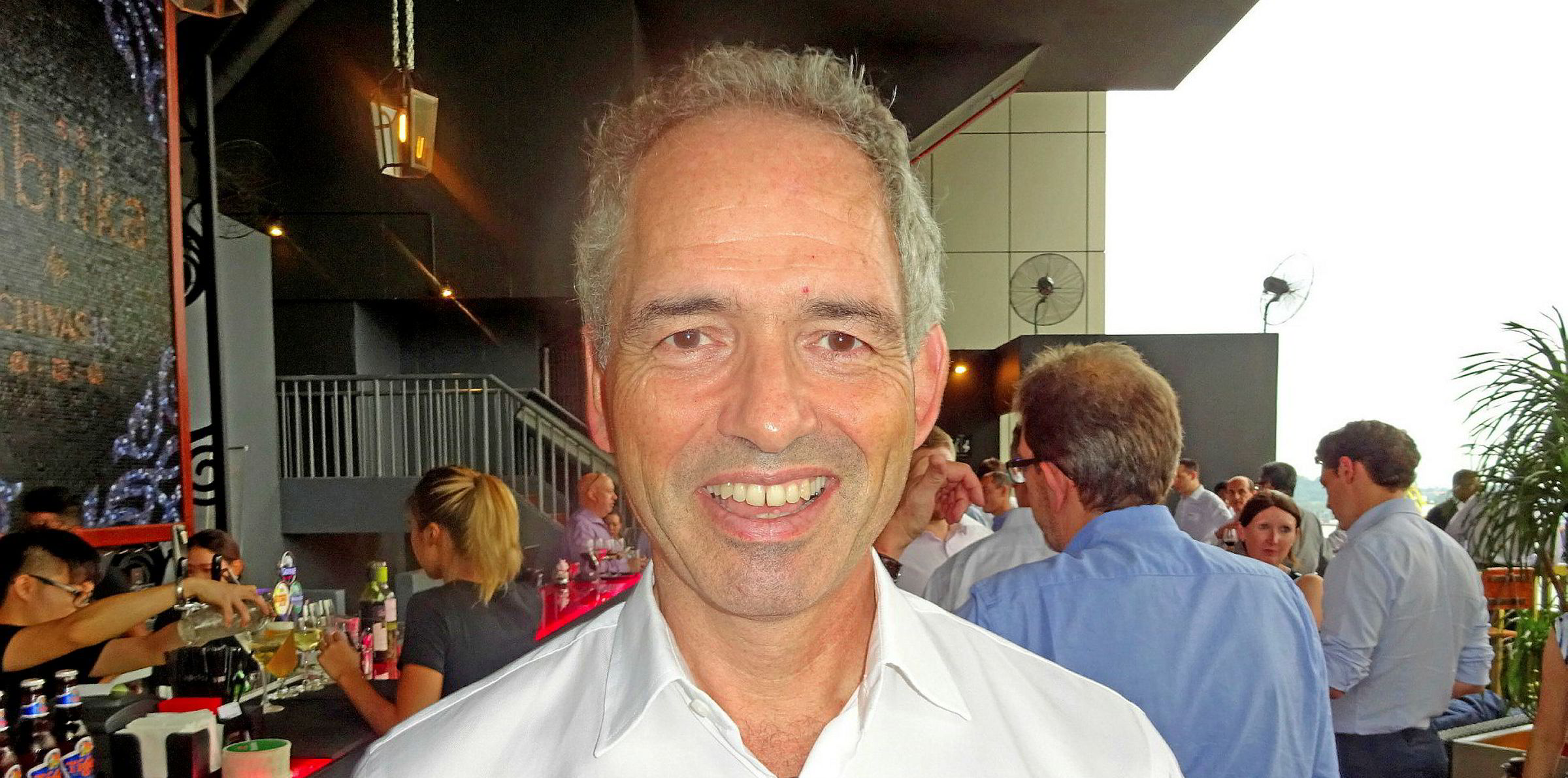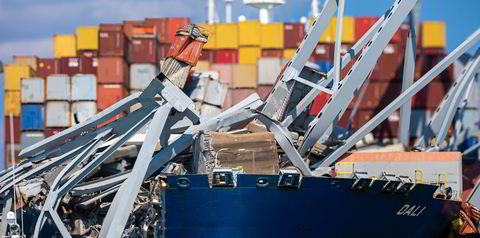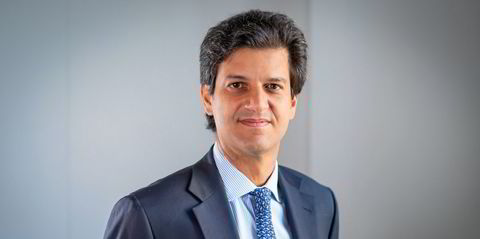A company controlled by Ukrainian billionaire Kostyantyn Zhevago has been ordered to pay Norwegian owner Boa Offshore around $12m in a newbuilding cancellation row.
Zhevago's Luxembourg holding company Fevamotinico had been contesting a 2017 arbitration award relating to the cancellation of a ship at Noryards Fosen in Norway.
The Norwegian Supreme Court's appeals committee has denied the appeal and decided that Fevamotinico should also pay legal costs of NOK 81,000 ($8,800) to the owner's subsidiary Boa IMR.
"This is a non-appealable decision that concludes the legal proceedings between the parties, and makes the Frostating Court of Appeal's judgement in Boa IMR's favour of 18 October 2019 final and binding," Boa said.
Failed legal bids
Fevamotinico has now lost its case at three separate courts.
Boa said its claim from the arbitration award is secured through a freezing injunction over assets owned by Fevamotinico in England.
"Boa IMR will now continue the enforcement proceedings with respect to their final and binding claim," it added.
In addition, it will start enforcement proceedings against Fevamotinico for the legal costs awarded for the proceedings before the District Court, the Court of Appeal and the Supreme Court.
Zhevago is a Ukrainian mining and shipyard entrepreneur, the youngest self-made billionaire in Europe.
His connection to Fosen Yards has never been made clear, but another of his companies, Calexco, owned sister operation Fosen BMV.
The dispute arose from a shipbuilding contract torn up in September 2015 at Noryards Fosen.
At the time of the cancellation, Boa said that it had already paid for a substantial part of the project and limited equity was required until the delivery date in 2017.
A month after Boa tried to ditch the contract, Noryards Fosen filed for bankruptcy but it later ensured continuing operations thanks to a $64m refurbishment deal for ferry owner Hurtigruten.
No payments had been received from Fevamotinico, Boa said in an update in 2018.
Noryards BMV filed for bankruptcy in 2016 after failing to resurrect its finances.
